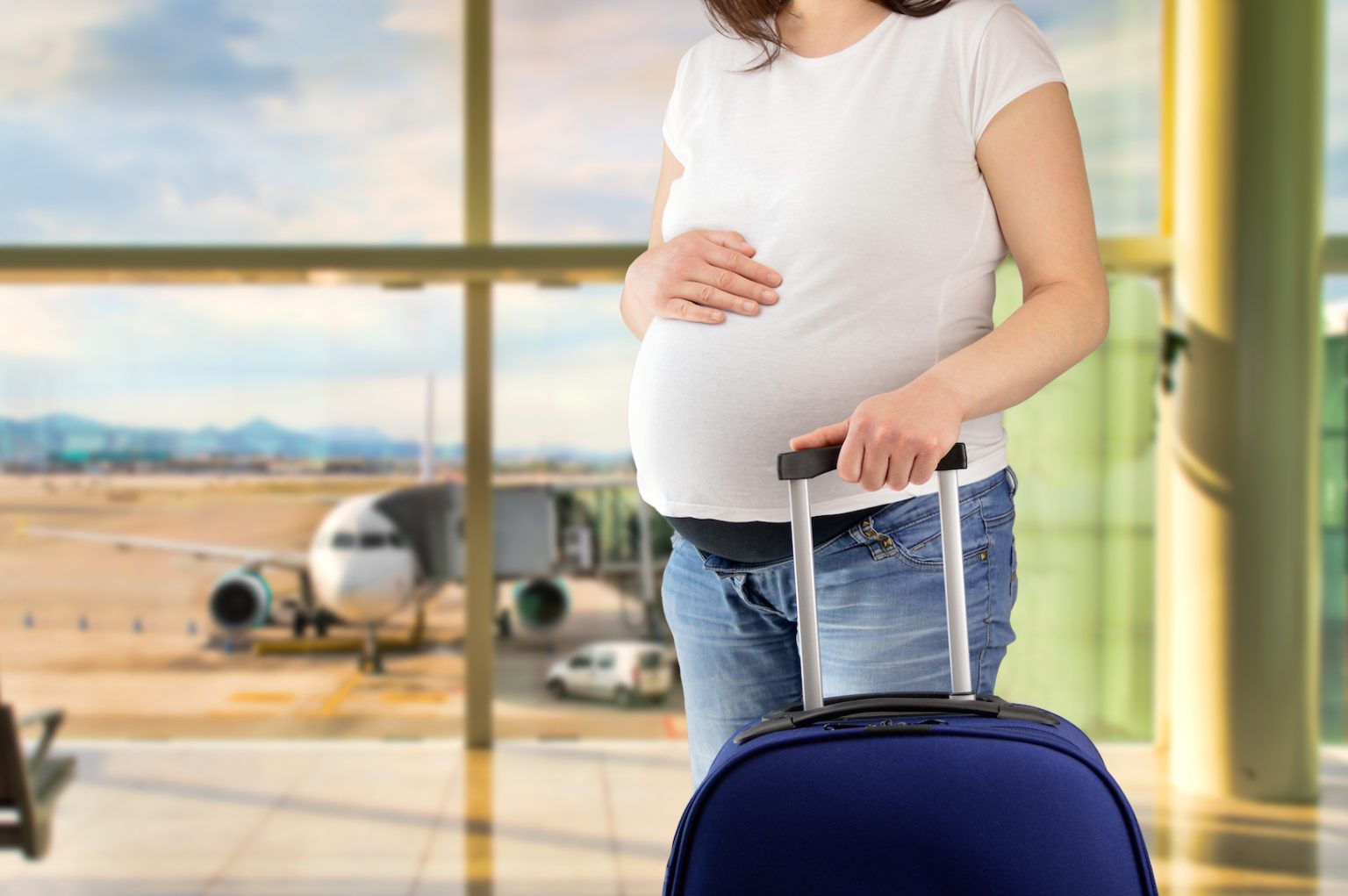If a person is pregnant, plane travel is said to be the safest. The second trimester is notably the best time to fly. You are likely to feel morning sickness, and later, your expanding belly could make airport maneuvers more than challenging.
Before booking, however, it is recommended to visit your doctor and discuss the trip details. If your doctor clears your flying, take precautions before and during the flight to stay safe and healthy. Airlines discourage traveling after 36 weeks of pregnancy.
Policies for Pregnant travelers
Contact the carrier and ask about their policy for pregnant travelers. Ask if there is a need for a note from the doctor verifying the due date.
Check the health insurance plan too. What happens if one needs medical help or you deliver at your destination? Are you covered?
If a pregnant person is traveling out of the country, see if a supplement policy for coverage overseas is needed or not for the pregnant.
Consider buying the medical evacuation insurance so that you can be flown home for medical care if necessary. After some weeks before the trip, see your doctor. It is crucial to get cleared for takeoff if you have a chronic medical problem with breathing.
Remedies to consider before traveling
Decompression stockings: Ask the medical doctor if you should wear them. They are not fashionable, but they may ease the blood flow.
Nausea remedies: If you are prone to motion sickness, ask about a nausea remedy or acupressure band. Litte scientific shreds of evidence support these bands. But some people find them helpful.
Gas and diarrhoea remedies: The increase in altitude on flights can cause intestinal gas to expand and cause discomfort. Avoid gassy foods before the flight.
International travel may expose the pregnant to bacteria that can lead t diarrhoea. Ask the doctor about a diarrhoea remedy.
Parental care: As per the length of the trip, decide if you need to get some parental supervision at the destination. If so, figure out who will have to supply it.
Destination medical care: Ask the doctor for suggestions about names of doctors and hospitals at your destination, just in case. The medical doctor may know another doctor there or be able to make any of the recommendations. Flu vaccine: Ask if you need any flu vaccine before you leave.
What should pregnant people consider in flight?
Here are some of the things to consider before and during the flight:
Pre-flight diet: Avoid gassy foods such as beans, cabbage, broccoli and carbohydrate drinks. They can make one more uncomfortable on the flight.
Buckle up: On the plane, it is necessary to keep your seatbelt fastened. Buckle it under the belly, low on the hipbones.
Keep drinking: Get plenty of fluids and drinks during the flight. If you become dehydrated, it can also reduce blood flow to the uterus.
Excercise aloft: Your doctor may suggest you walk every half hour or so during the flight. It will help keep the blood flowing. In the seat, also remember to flex and extend your ankles to boost circulation.
Best aeroplane seat: An aisle seat will make it easier to get in and out for walks and trips to the bathroom.
Tips and caution
A buckle head seat is the most spacious, but a seat over the wing will probably give you the smoothest ride. For international travel, the pregnant must take some extra precautions. To avoid premature labour or health problems, take the trip before the third trimester.
Pregnant shouldn’t fly internationally if:
- This is the first pregnancy, and you are 35 or older than 35 or even 15 and younger.
- One is carrying more than one baby.
- One has placental abnormalities now or in the past.
- One has any vaginal bleeding or risk of miscarriage.
- Also, the pregnant person should not fly internationally if you have a history of Miscarriage, Ectopic pregnancy, premature labour or premature membrane rupture, High blood pressure, diabetes or preeclampsia in pregnancy.













